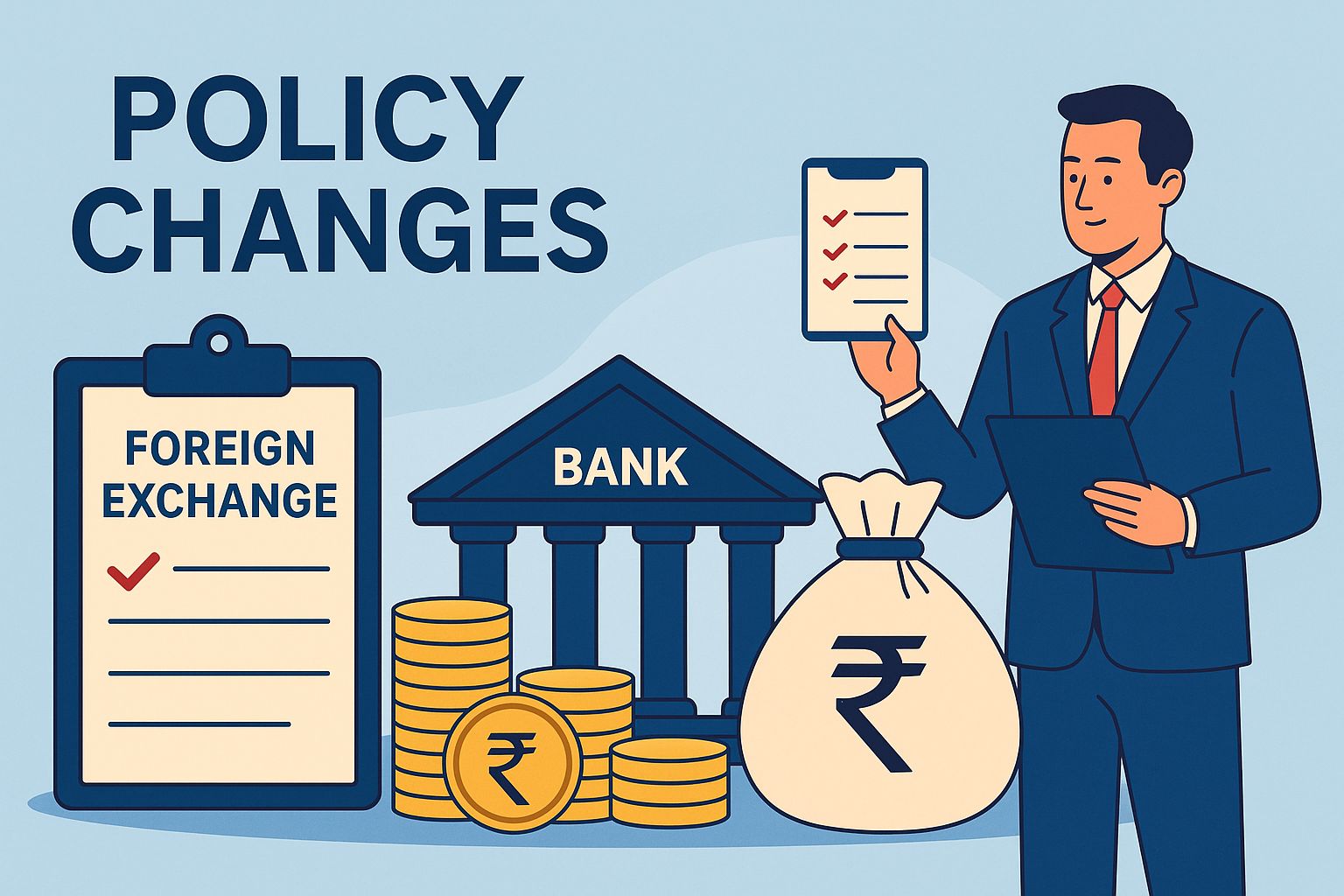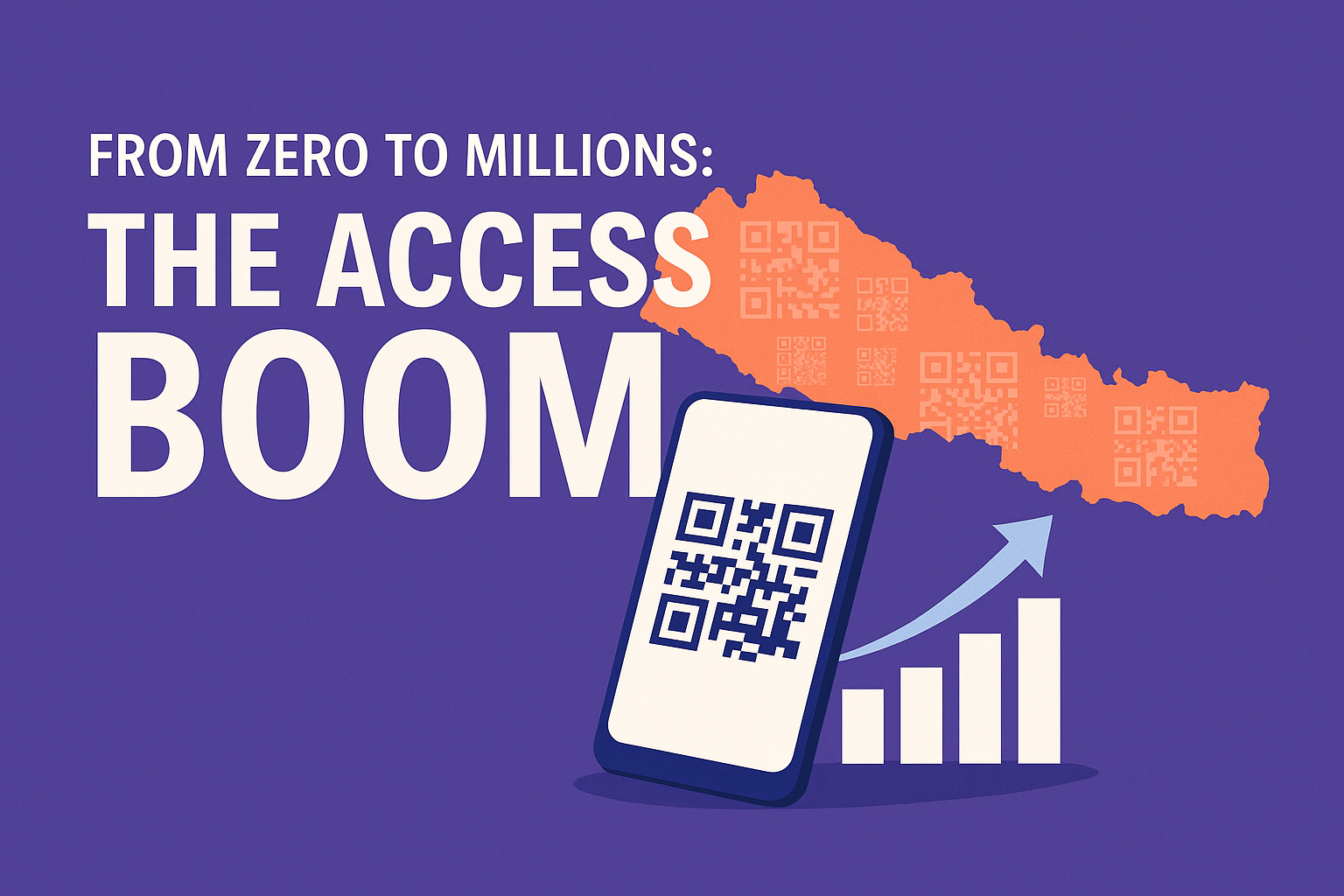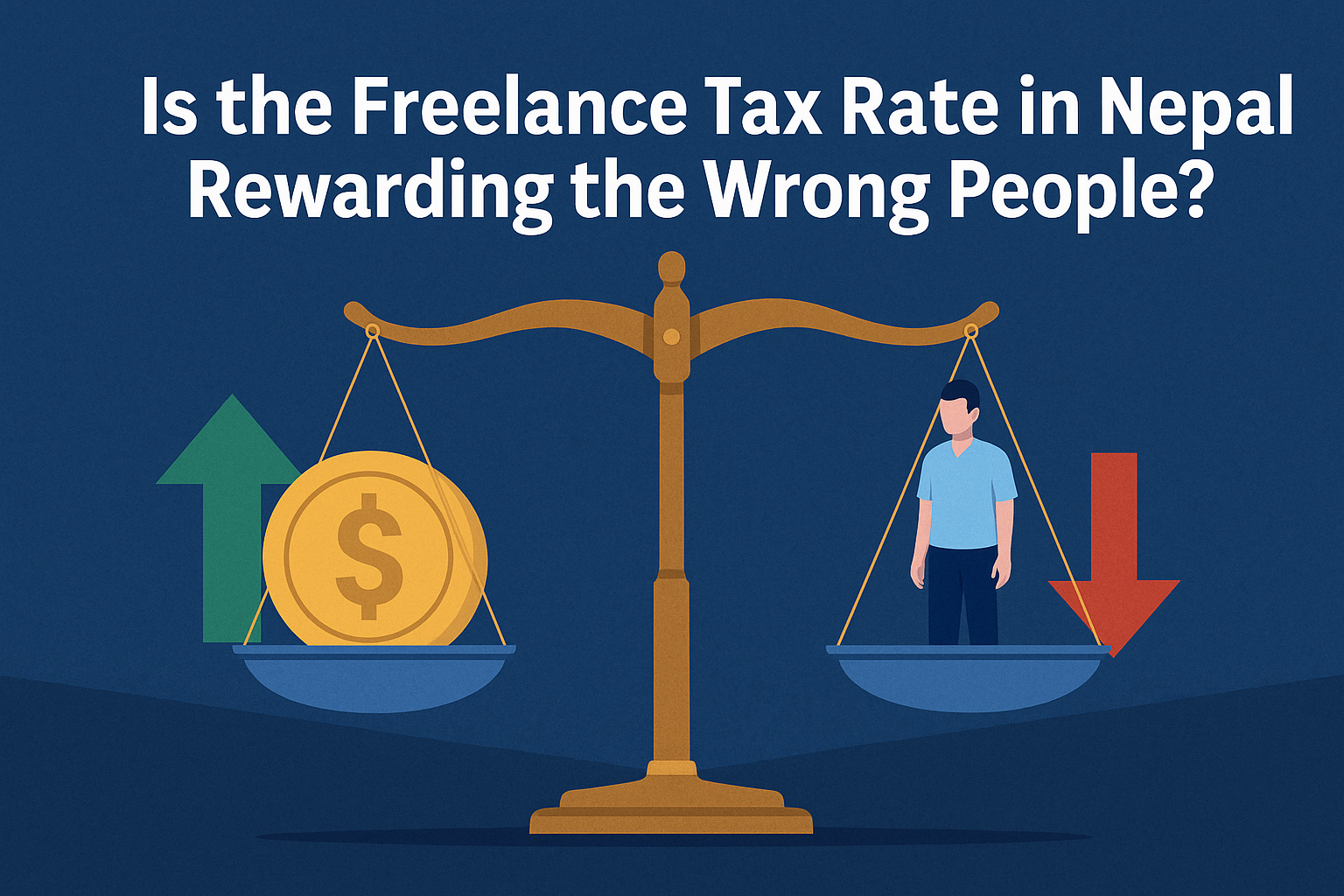
Nepal Rastra Bank eases forex payment rules, raising limits for businesses and service imports. See what’s changed and how it helps Nepal trade globally.
For years, making forex payments from Nepal has meant slow queues of paperwork, back-and-forth with banks, and approvals that could stall vendor contracts.…

business
Court Marriage in Nepal: A Simple Guide to Saying “I Do” Legally

business
Global Degrees, Local Classrooms: Inside Nepal’s Foreign-Affiliated Colleges

business
IPO Result Highs: Nepal’s New National Obsession?

business
Ministry of Education’s Missing Watch on Consultancies

business
How Nepal Rastra Bank Took Nepal from Cash to QR in 5…

business
Who Will Cry When Hydropowers Die?

business
Minimum Wages in Nepal: The Raise No One Feels

business
Is the Freelance Tax Rate in Nepal Rewarding the Wrong People?
Subscribe to our newsletter
to get latest news and updates directly to your email!




 Help Center
Help Center



